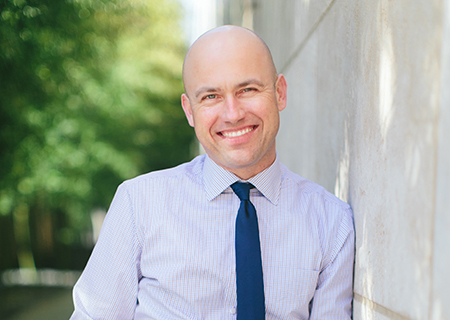
Sometimes in life we find that we are working ourselves up over situations. Maybe we are in traffic going into a tirade over someone’s driving, we allow ourselves to get angry. Our blood pressure rises as we put our selves in further danger because we are driving under the influence of emotion. Maybe a family member says something and we freak out only later to realize that we misunderstood what they meant. You call or text a friend, it takes them longer than you expect to respond, which leads you to unhelpful conclusions that they don’t care or don’t want to be your friend, when they are merely dealing with the business of life. I think it is fair to say that these are examples of overreacting. Why do we overreact?
Each of us is running on programming that was mostly formed in childhood, and we have an ongoing narrative which is the grid that we interpret the daily data we confront. In childhood, some of us may have felt unloved, disrespected, or different. Those feelings could have led us to draw some unhelpful conclusions that we carry with us, and may lead us to misinterpret others’ behavior or words.
In counseling, we talk about responding rather than reacting. What this means is that we are taking the time to evaluate the situation. We attempt to be as objective as possible and discern if we are loading our reacting with something from the past that is not relevant to the current situation. It may be helpful to take the time to respond.
If a driver is driving foolishly, take a deep breath, take another deep breath, you may have to take many deep breaths, then ask yourself, “is it helpful for me to freak out?” When someone is a poor driver it has nothing to do with me. I will make sure to take action that I am safe, maybe slowing down or getting in another lane. I am able to let someone else own their own problem. It is unhelpful for me to take ownership of someone’s issues. I have enough to deal with me. I give them permission to be a bad driver, it has nothing to do with me.
If a family member says something to me that is upsetting or makes me angry it may be helpful for me to take a deep breath. Take another deep breath. Again, you may have to take many deep breaths, while counting to 10 may be helpful. It may also be helpful to excuse yourself politely when you have the chance. Walk out on the back porch and take a minute to figure out what is going on. Ask yourself, is it possible the data is being misinterpreted? Is my family member really against me, or maybe did they not think before they spoke? Could I be taking something personally that was not meant to be personal? Can I give that person the benefit of the doubt? Asking myself what is helpful and what is not helpful can be strong tools to make sure that I am considering things in everyone’s best interests. The aim here is win/win communication.
If a friend is slow to respond to a text or call it might be helpful to take a deep breath. At this point you realize that I am going to say that deep breathing can be helpful in calming us. Is it helpful to me or my friend for me to overreact? Even if my friend needs some space is that okay? Everyone needs space sometimes. that doesn’t mean that our friend doesn’t want to be our friend or doesn’t care. It has more to do with their needs and less to do with ours. Can I learn to be okay in vulnerability and let my friend deal with their needs? Maybe they are just busy, and will get back to me as they have time. If we overreact it usually doesn’t go well. Then we realize that we did not treat our friend the best that we would want. Friendship is wonderful and it is also gloriously vulnerable at times. All of us want to belong and feel loved. Giving your friend the benefit of the doubt and considering things from their perspective are helpful skills that lead to win/win communication.
Am I reacting or overreacting? Is what I am thinking helpful to me or those I care for? Is my communication style leading to win/win scenarios? Asking these questions, in a nonjudgmental or objective way, can lead to more productive self talk. Helpful self talk can lead to an increase in responding rather than reacting.